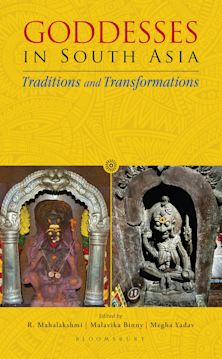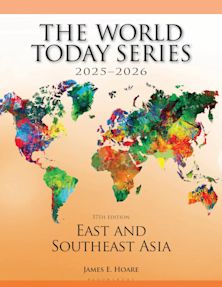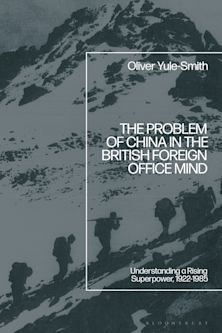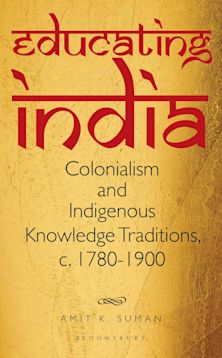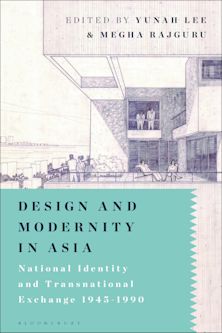Communication, Digital Media, and Popular Culture in Korea
Contemporary Research and Future Prospects
Communication, Digital Media, and Popular Culture in Korea
Contemporary Research and Future Prospects
Description
In recent decades, Korean communication and media have substantially grown to become some of the most significant segments of Korean society. Since the early 1990s, Korea has experienced several distinctive changes in its politics, economy, and technology, which are directly related to the development of local media and culture. Korea has greatly developed several cutting-edge technologies, such as smartphones, video games, and mobile instant messengers to become the most networked society throughout the world. As the Korean Wave exemplifies, the once small and peripheral Korea has also created several unique local popular cultures, including television programs, movies, and popular music, known as K-pop, and these products have penetrated many parts of the world. As Korean media and popular culture have rapidly grown, the number of media scholars and topics covering these areas in academic discourses has increased. These scholars’ interests have expanded from traditional media, such as Korean journalism and cinema, to several new cutting-edge areas, like digital technologies, health communication, and LGBT-related issues. In celebrating the Korean American Communication Association’s fortieth anniversary in 2018, this book documents and historicizes the growth of growing scholarship in the realm of Korean media and communication.
Table of Contents
Introduction: Review and Future Prospect of Korean Communication Research, Dal Yong Jin and Nojin Kwak
Part I: Institutionalization of Korean Communication
Chapter 1: Communication Theory: Recounting Forty Years of Communication Research:
A Scholarly Mosaic of the Korean American Communication Association, Jeong-Nam Kim, Yu Won Oh, and Narae Kim
Chapter 2: Communication Law in Korea: A Topic for Global Research, Kyu Ho Youm, Yoonmo Sang, and Ahran Park
Chapter 3: Political Economy of the Korean Media Industry, Shin Dong Kim
Part II: Communication Systems
Chapter 4: Political Communication of Korea in the ICT Era: Triadic Interactions among Government, Media, and the Public, Seok Kang, Yeojin Kim, and Chang Sup Park
Chapter 5: Korean Journalism: From Partners of Political Power to Adversarial Agents of Social Change, Hun Shik Kim
Chapter 6: Communication and Technology, Namkee Park
Part III: Public Communication
Chapter 7: A Survey of Health Communication Scholarship on Korea: Breadth, Depth, and Trends of Published Research, Hye-ryeon Lee, Hye-Jin Paek, and Minsun Shim
Chapter 8: A Review of Korea-Related Advertising Research, Yongick Jeong and Yeuseung Kim
Chapter 9: The Development and Trends of Public Relations Research, Theory, and Practice in Korea, Jae-Hwa Shin
Part IV: Digital Media
Chapter 10: Digital Media and Culture in Korea, Kyong Yoon
Chapter 11: Game Studies in the Age of Digital Korea, Dal Yong Jin
Chapter 12: Urban Communication and Community Studies: Korean Communication Scholars' Perspectives, Yong-Chan Kim
Chapter 13: Visual Communication: Photojournalism and Beyond, Yung Soo Kim
Part V: Cultural Studies
Chapter 14: Intercultural Communication: Challenges of Studying “Korean” Culture and Communication in Globalizing World, Min-Sun Kim
Chapter 15: Sports Communication, Younghan Cho and Ji-Hyun Ahn
Chapter 16: Lesbian, Gay, Bisexual, Transgender Studies, Ji Hoon Park
Chapter 17: Hallyu: Korean Wave Media Culture in a Digital Age, Youna Kim
Chapter 18: From National to Transnational: A Historiography of Korean Cinema, Hye Seung Chung
Product details
| Published | 16 May 2018 |
|---|---|
| Format | Ebook (Epub & Mobi) |
| Edition | 1st |
| Extent | 532 |
| ISBN | 9781498562041 |
| Imprint | Lexington Books |
| Illustrations | 1 b/w illustrations; 2 b/w photos; 40 tables; 2 charts; |
| Publisher | Bloomsbury Publishing |
Reviews

ONLINE RESOURCES
Bloomsbury Collections
This book is available on Bloomsbury Collections where your library has access.













